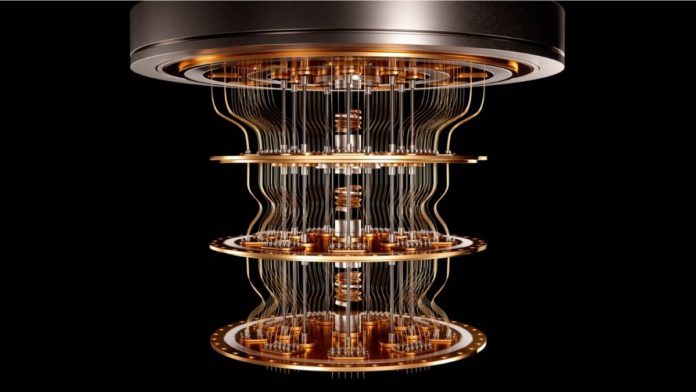Rigetti Computing, a quantum computing company headquartered in the United States, has launched the Aspen-M, an 80-qubit quantum computer with two linked 40-qubit processors. The company further has revealed that it is testing novel hardware combinations to boost the performance of its quantum computers.
According to a recent blog post, the company has given its qubits a third energy state, transforming them into qutrits. Rigetti enables substantially greater information manipulation while simultaneously reducing readout mistakes by up to 60%.
The lowest unit of quantum information is the quantum bit (or qubit), which is analogous to the binary bit in traditional computing. Unlike a typical bit, a process is known as superposition; a qubit may take on the value of one, zero, or anything in between.
Read More: Microsoft’s Azure Quantum to receive Rigetti Superconducting Quantum Computers next Year
“Accessing the third state in our processors is useful for researchers exploring the cutting edge of quantum computing, quantum physics and those interested in traditional qubit-based algorithms alike,” the company explained.
Traditionally, researchers have focused on increasing the number of qubits on a quantum processor to attain a quantum advantage. Simply, the more qubits a quantum computer has, the more powerful it is. IBM, for example, has introduced the Eagle, a 127-qubit processor that set a new world record.
Rigetti currently provides an 80-qubit processor (the Aspen-11), which the company produced by combining two 40-qubit processors.
Rigetti believes that it may be viable to push for the qubits with even more states in the future. However, when the amount of the energy separating states beyond zero and one decreases, noise and control difficulties become more challenging to overcome. Rigetti announced a partnership with Deloitte and Strangeworks to investigate the quantum applications in material modeling, optimization, and machine learning utilizing the company’s latest processors.


